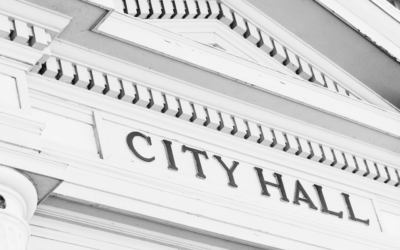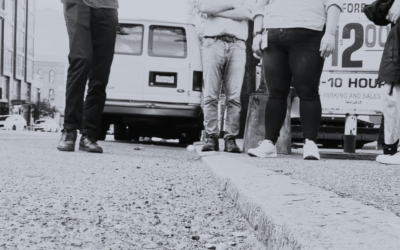

The Open Mobility Foundation’s SMART Curb Collaborative is a group of cities united in tackling challenges in curb management, reducing congestion, enhancing livability, and improving safety and equity on city streets. Each of these public agencies is a recipient of USDOT’s Strengthening Mobility and Revolutionizing Transportation (SMART) grant program, which provides funding to build data and technology capacity across the US.

The Open Mobility Foundation’s SMART Curb Collaborative is a group of cities united in tackling challenges in curb management, reducing congestion, enhancing livability, and improving safety and equity on city streets. Each of these public agencies is a recipient of USDOT’s Strengthening Mobility and Revolutionizing Transportation (SMART) grant program, which provides funding to build data and technology capacity across the US.
curb projects in action
Pilot zero-emission delivery zones and low-emission last-mile delivery services
Create new digital commercial vehicle permits
Understand and communicate curb use with real-time information
Pilot bookable smart loading zones
Inventory objects at the curb
Create a digital catalog of existing curb regulations
Curb Data Specification
The OMF’s Curb Data Specification (CDS) lies at the heart of every project in the Curb Collaborative, and the real-world learnings of member cities make CDS a stronger tool. CDS is an open-source data standard stewarded by the OMF. At its core, CDS is a set of APIs (Application Programming Interfaces) that allow cities to digitally represent their curb space and communicate with curb users in different ways.
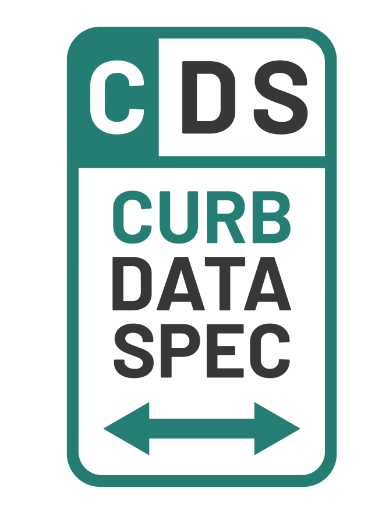
Featured Stories
SMART Success Stories
Learn how member cities are working together to shape the future of curb management
Help Shape the Future of Curb Management: Contribute to CDS
Help shape the Curb Data Specification (CDS) by weighing in on issues like computer vision data, curb zone naming, and more. Join the discussion on GitHub now.
Three Takeaways from the SMART Summit in Cambridge
The OMF SMART Curb Collaborative cities met in Cambridge and shared key learnings with each other about their curb digitization projects.
Five Lessons in Leading Curb Policy
Strong public leadership is an essential element to implementing a digital curb program. Learn about key actions policymakers can make to get started.
Curb Learnings from Seattle
The OMF’s SMART Curb Collaborative met in Seattle in April. Read about key themes that emerged from this time together.
What’s New & Great in CDS
Learn more about the Curb Data Specification (CDS) with CDS 101, a new getting started guide, and more updates on how to get involved.
The Collaborative Key to Civic Innovation
The OMF’s SMART Curb Collaborative is a group of ten cities that are using a collaborative approach to innovation and new tech adoption, leveraging shared learnings to create open source tools for all.
MEMBERS

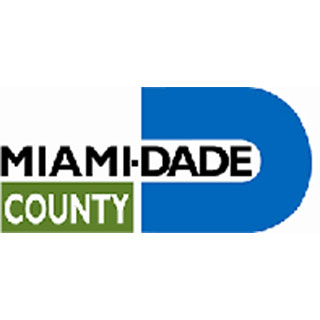
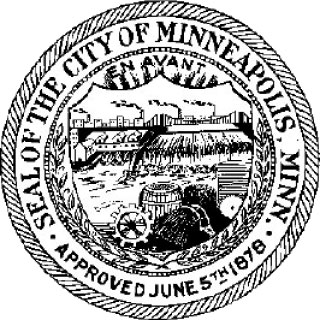
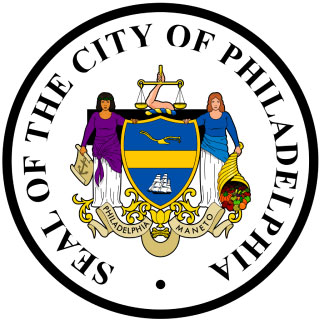
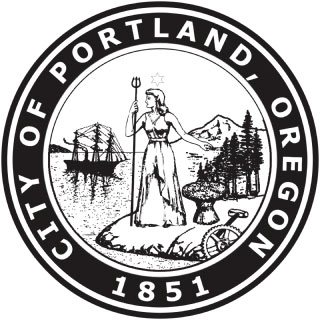

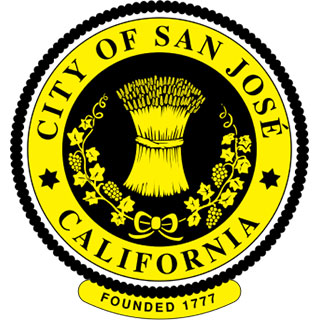
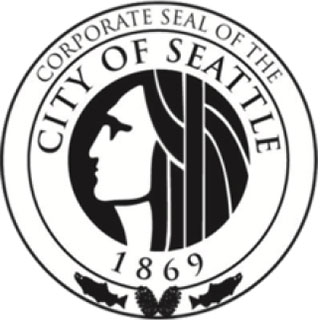
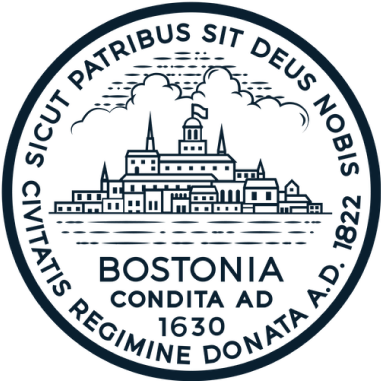
PLAYBOOK
Accessible implementation guides and lessons that all cities can apply to their curb management strategies
Mid Grant Summary Report
Dive into the key themes from the SMART Curb Collaborative member cities on their pilot programs.
Dynamic Right of Way: Lessons from the Curb Collaborative
Listen to Curb Collaborative cities in this panel discussion on lessons from SMART pilot projects. Learn about topics ranging from community outreach to procurement, data validation and more in this webinar.
Performance Metrics
Get information on evaluating and setting measurable goals for your curb management pilot with this short resource document.
Curb User Engagement
Get guidance around who to engage, the type of engagement, and how to communicate the curb management vision in your city.
Curb Management for Policymakers
Hear lessons about curb management policy from leaders in city administration, transportation, and technology in this webinar.
CDS 101
Watch this webinar to learn about CDS —“Curb Data Specification”— a free, open source digital tool that helps cities and companies pilot and scale dynamic curb zones.
snapshots of the collaborative
Collaborative members gathered in Seattle and Boston in 2024 to meet each other, learn about other SMART projects, and share common problems and solutions.
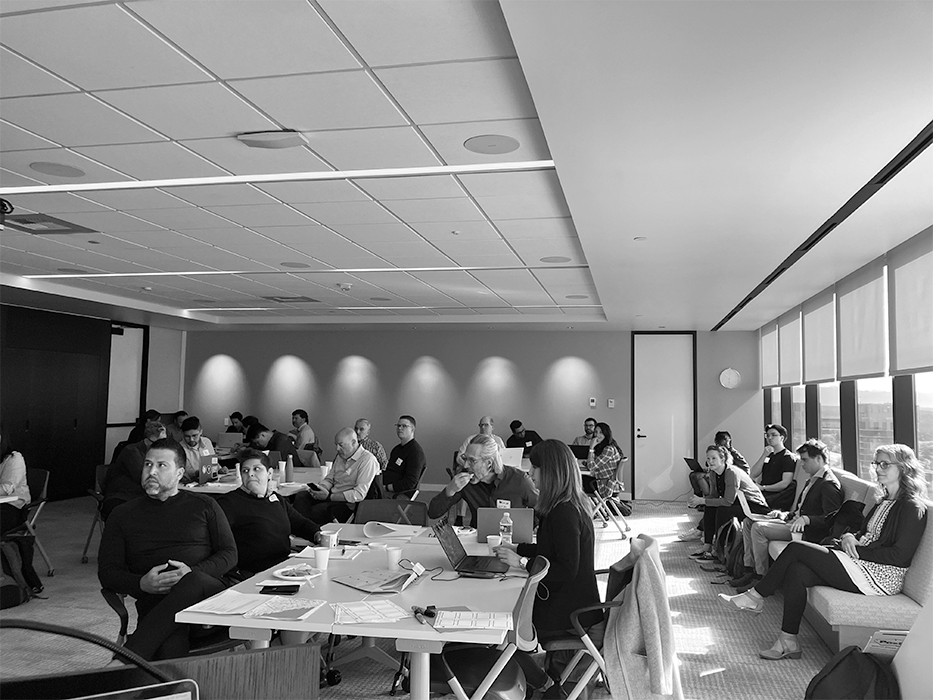
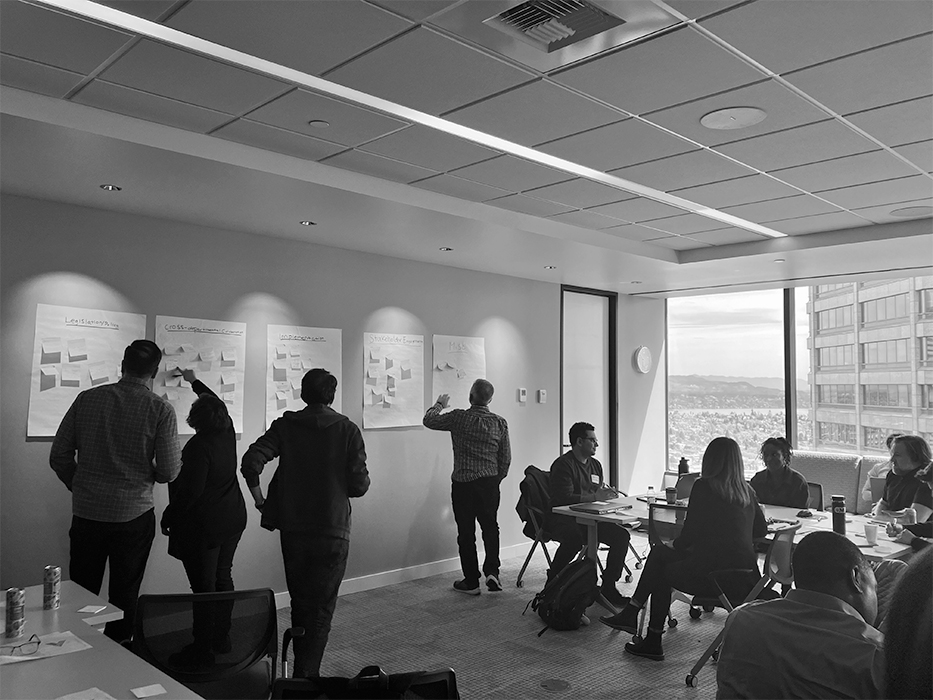
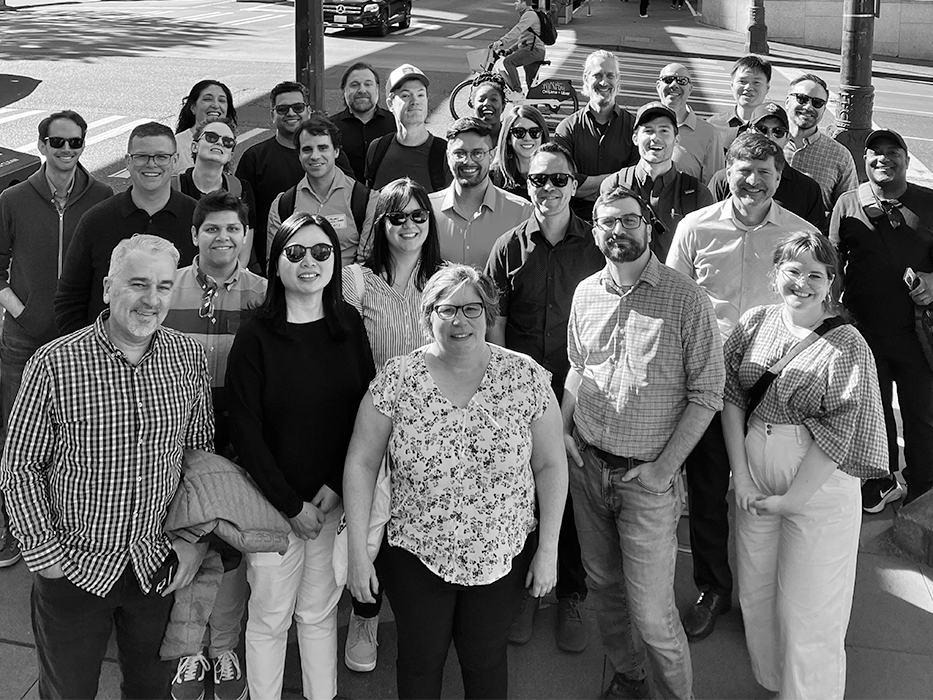
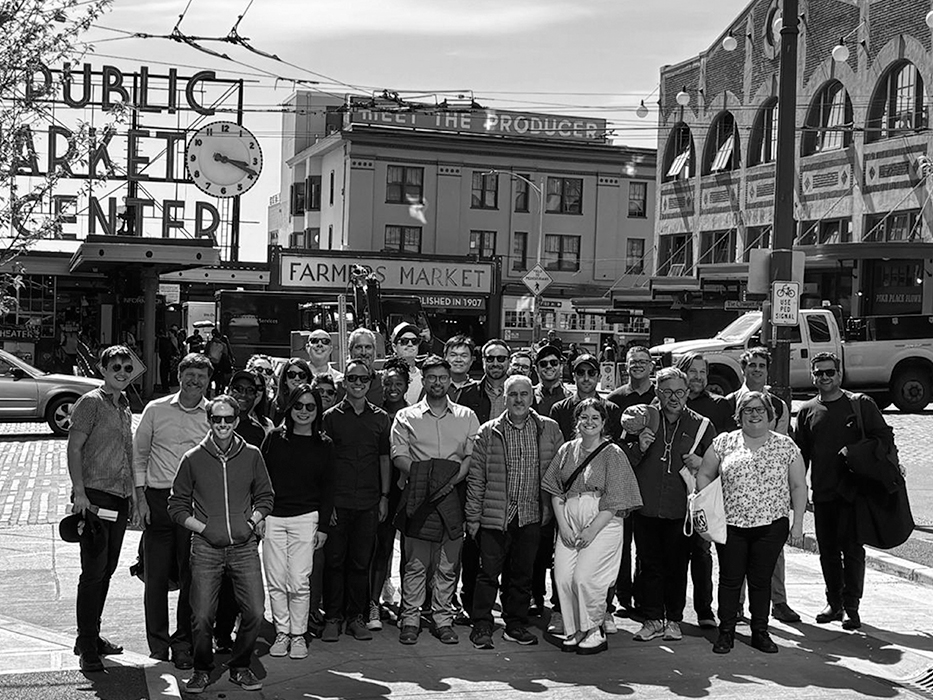
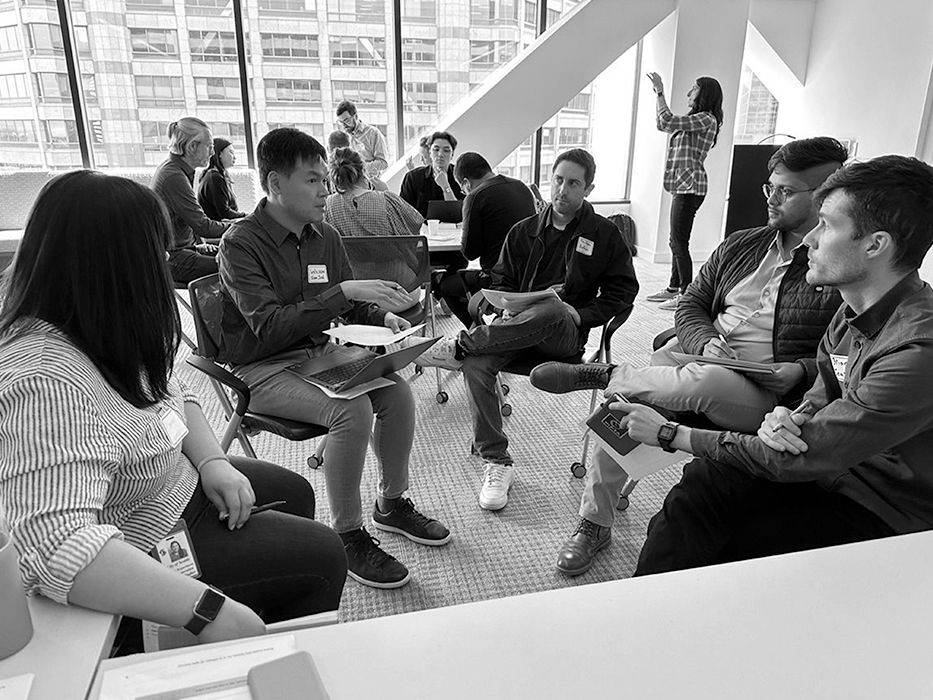

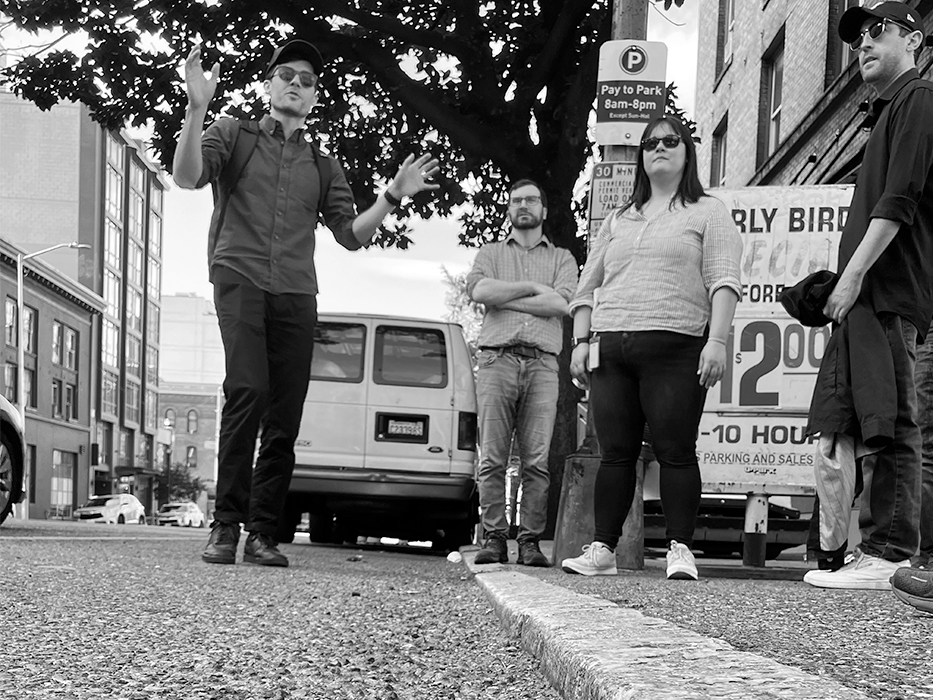

“The Open Mobility Foundation is a great example of how governments can leverage the power of data to transform and modernize the use of city infrastructure to ensure a more equitable future for all.”
Dr. Rajiv J. Shah, President of The Rockefeller Foundation



